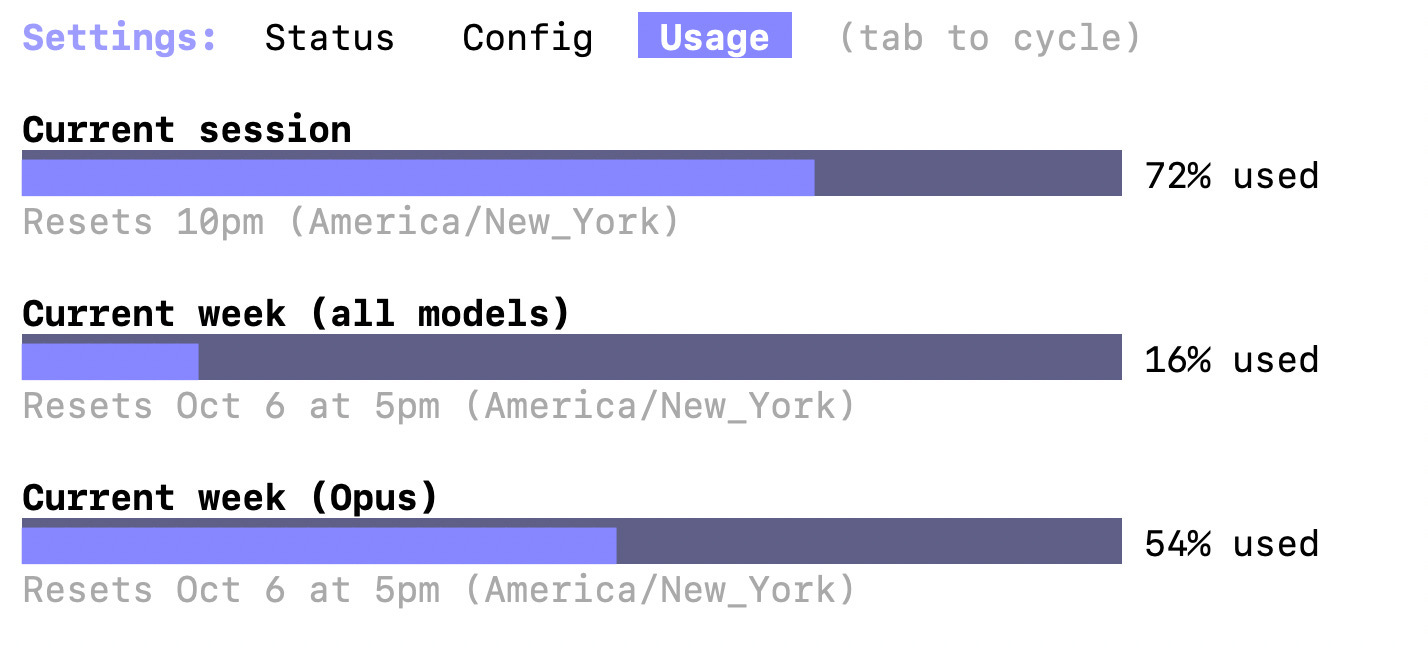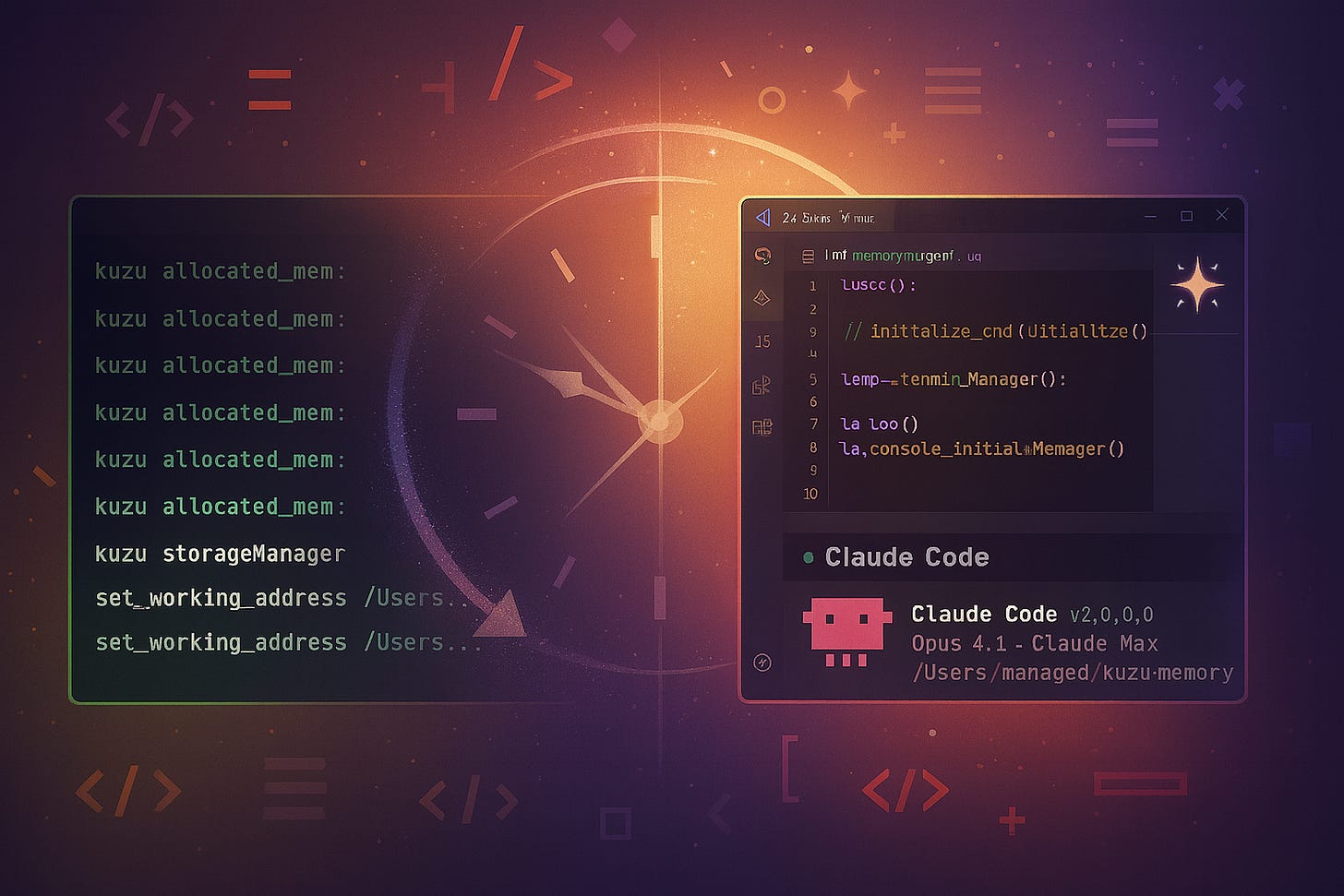Breaking: Company launches major overhaul alongside Sonnet 4.5 model, adding graphical interface and checkpoint system
September 29, 2025 — Anthropic officially released Claude Code v2.0.0 today, delivering what the company describes as a major overhaul with three flagship features: a native VS Code extension, comprehensive UI refresh, and time-travel debugging through checkpointing.
The release coincides with Claude Sonnet 4.5, Anthropic’s latest coding model that achieves 77.2% on SWE-bench Verified and maintains focus for 30+ hours on complex coding tasks in internal testing. Together, these updates position Claude Code as a more full-featured dev companion with long-range memory and agent coordination.
First Official IDE Extension Goes Live
The native VS Code extension represents Anthropic’s first official IDE integration, published today as “Claude Code for VS Code” on the marketplace. The extension provides a dedicated sidebar panel, real-time inline diffs, and plan mode where developers can review Claude’s proposals before accepting them.
Installation happens automatically when you run claude from VS Code’s integrated terminal—no manual marketplace downloads required. Keyboard shortcuts include Alt+Cmd+K (Mac) or Alt+Ctrl+K (Windows/Linux) to push selected code into prompts.
However, Anthropic acknowledges significant beta limitations. The extension currently lacks MCP server configuration, subagents setup, and advanced CLI shortcuts. “This is an early release and may contain bugs or incomplete features,” the company states in its documentation.
Time-Travel Debugging Arrives with /rewind Command
The /rewind command implementing checkpointing was “the most requested feature” according to Anthropic, and it’s now fully operational. The system automatically saves code state before each change Claude makes, creating restoration points at every user prompt.
Three restoration modes provide flexibility:
Code only: Reverts file modifications while keeping conversation intact
Conversation only: Rewinds chat history while preserving code changes
Both: Complete restoration to previous session state
Checkpoints persist across resumed conversations for 30 days with configurable cleanup periods. The system only tracks Claude’s edits—not user modifications or bash command changes—so it doesn’t replace Git version control.
Builder.io’s Steve Sewell noted: “One of the cooler features...checkpoints let you pursue more ambitious tasks knowing you can always return.”
Terminal Gets “Fresh Coat of Paint”
Version 2.0.0 delivers comprehensive UX improvements including improved status visibility, searchable prompt history (Ctrl+r), and better rendering performance for large contexts. Background command execution (Ctrl+b) lets developers run dev servers without blocking Claude’s work.
Community reaction remains mixed on specifics. GitHub issues report terminal bugs including scrolling problems with 17+ reactions about terminal refreshing every 15 seconds, input delays on Ubuntu 22.04, and uncontrollable scrolling on macOS.

Pricing Tiers and Model Access
Claude Code v2.0.0 defaults to the new Sonnet 4.5 model at $3/$15 per million tokens (input/output). Opus 4.1 remains available as an optional premium model at $15/$75 per million tokens, accessible via /model opus command.
Subscription tiers break down as:
Claude Pro ($20/month): Sonnet models only, ~40-80 hours weekly
Max 5x ($100/month): Both models, 140-280 hours Sonnet + 15-35 hours Opus weekly
Max 20x ($200/month): 240-480 hours Sonnet + 24-40 hours Opus weekly
Agent SDK Launches Simultaneously
Anthropic also announced the Claude Agent SDK today, providing developers access to the same core tools powering Claude Code. The SDK includes context management systems for long-running tasks, permission systems balancing autonomy with user control, and subagent coordination capabilities.
Use cases include financial compliance agents, cybersecurity agents, and code debugging agents—expanding Claude’s capabilities beyond direct coding assistance.
Why This Came Out of Nowhere
Anthropic published the blog post, released the VS Code extension to the marketplace, updated npm packages, and pushed documentation changes all within hours of each other.
TechCrunch published “Anthropic launches Claude Sonnet 4.5, its best AI model for coding,” while VentureBeat ran “Anthropic’s new Claude can code for 30 hours.” CNBC, The New Stack, InfoQ, TechRadar, 9to5Mac, and Axios all covered the September 29 launch.
The official repository at 34.5k+ stars shows active discussion with Issue #8356 explicitly mentioning “After updating to Claude Code version 2.0.0.”
Installation and Requirements
Claude Code v2.0.0 installs via npm (npm install -g @anthropic-ai/claude-code) or native binary (curl -fsSL https://claude.ai/install.sh | bash). Requirements include Node.js 18+, macOS 10.15+/Ubuntu 20.04+/Debian 10+/Windows 10+ with WSL2.
The tool runs on macOS, Linux, and Windows, with terminal interface as primary access and VS Code extension as a secondary GUI option. JetBrains IDE integration covers IntelliJ, PyCharm, and WebStorm.
Development teams can access Claude Code through Team/Enterprise plans or pay-as-you-go API access via Claude Console credentials.
For detailed technical analysis of Claude Code and other AI development tools, visit HyperDev. For breaking AI industry news, subscribe to the newsletter.



